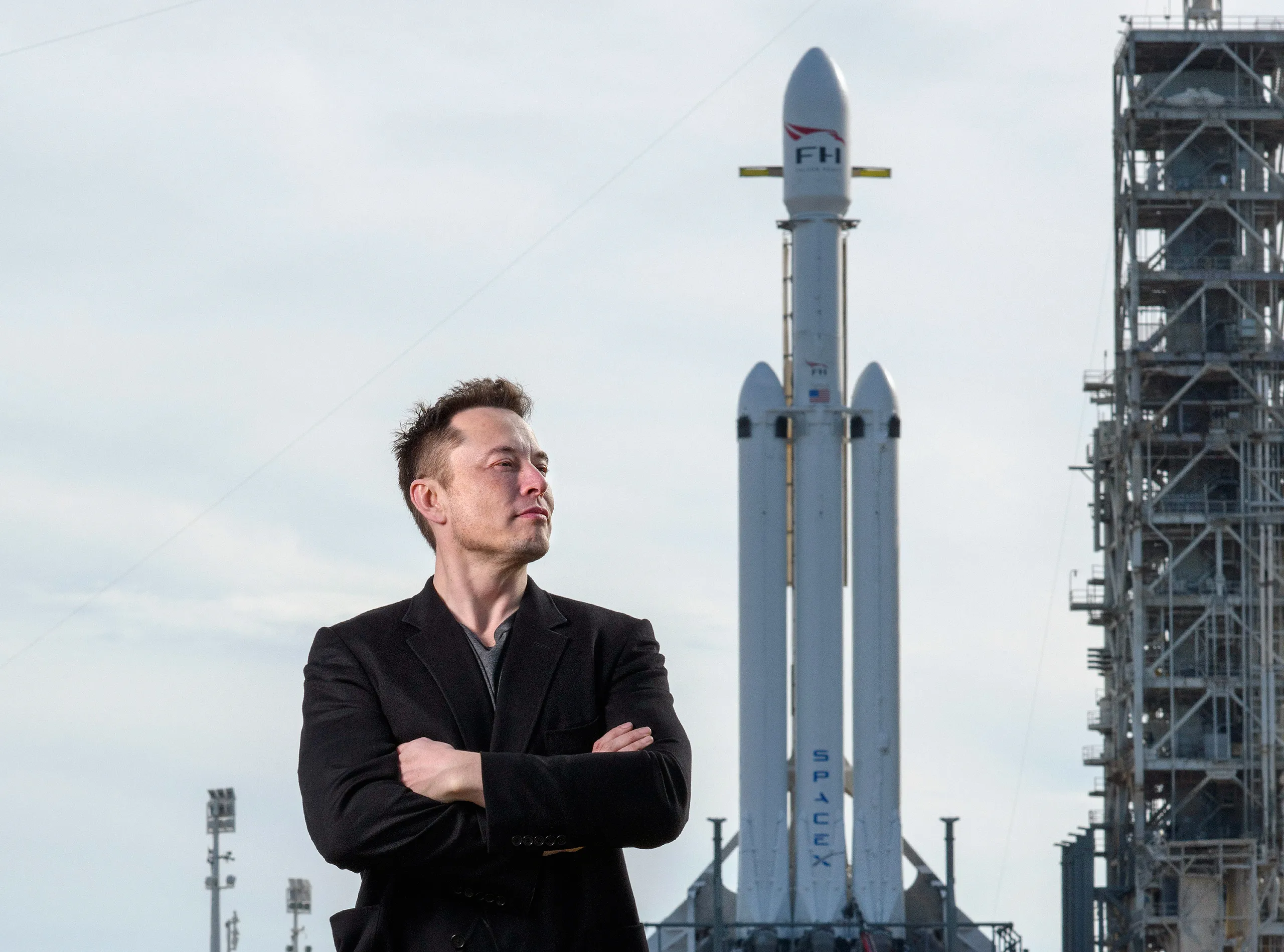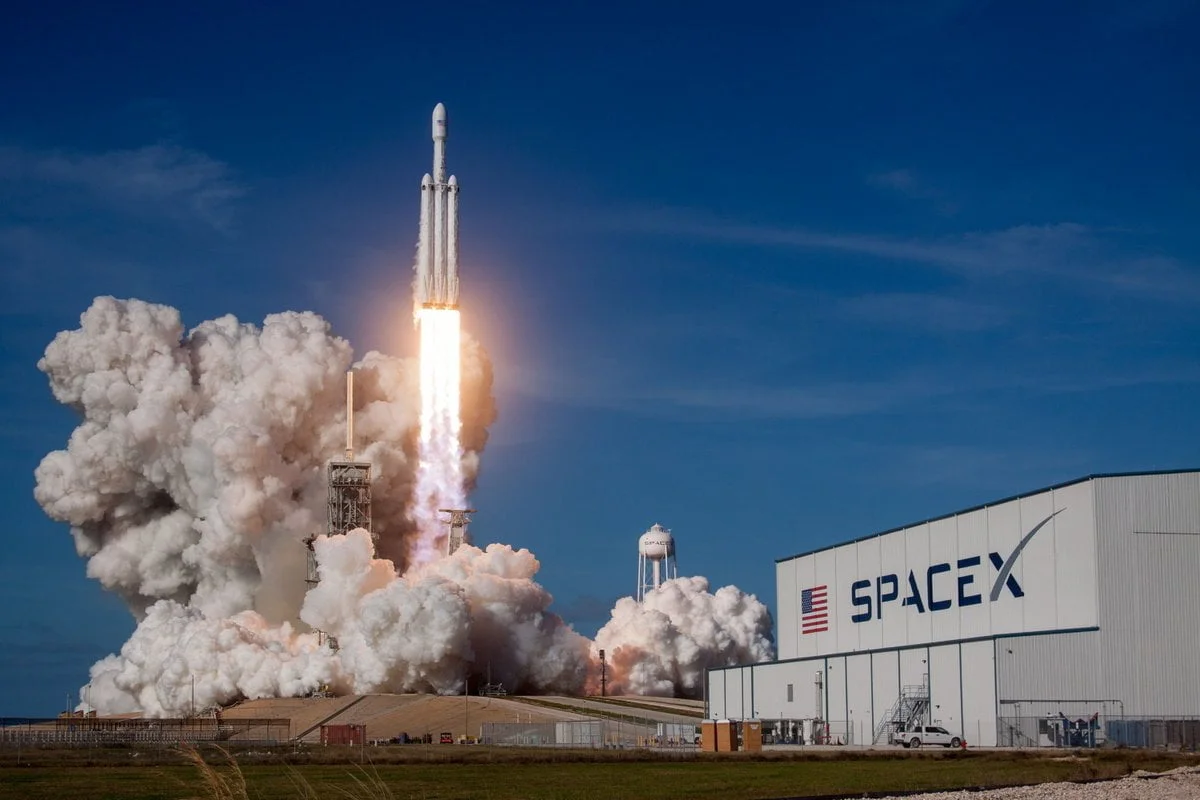In the complex geopolitical landscape of today’s world, few individuals find themselves at the crossroads of technological innovation, international politics, and corporate strategy as prominently as Elon Musk. The latest saga involving Elon Musk’s SpaceX and its Starshield satellite network underscores the delicate balance required when juggling US defense interests, Chinese economic ties, and the overarching goal of global technological dominance.

SpaceX: Navigating the Waters of International Contracts and Relationships
Elon Musk, a figure synonymous with groundbreaking ventures like Tesla and SpaceX, has once again made headlines, but this time the spotlight is on the intricate dance of maintaining lucrative business ties with China while fulfilling contractual obligations to the Pentagon.
This predicament came to light when a cadre of US lawmakers pressured Musk to extend SpaceX’s Starshield satellite communications network to American forces in Taiwan, putting Elon Musk in a precarious position that could jeopardize his business endeavors in China.
Eve Smith, co-founder of PrintKK, offers a relatable perspective by sharing her company’s experience of navigating similar tightropes.
She emphasizes the tough choices businesses must make when their operations touch upon sensitive international regulations and relationships. Smith’s analogy draws a parallel to Elon Musk’s current conundrum, highlighting the broader implications for businesses operating on a global stage.
This is how @elonmusk's SpaceX builds Starship! pic.twitter.com/chycsMpyOg
— Space Sudoer (@spacesudoer) February 24, 2024
The Strategic Importance of Starshield for US Forces in Taiwan
The call from US lawmakers, led by Mike Gallagher, emphasizes the strategic importance of Starshield for ensuring the safety and operational capability of US forces in Taiwan.
With China’s increasing assertiveness and claims over Taiwan, the satellite network’s ability to provide secure communication and observation capabilities is deemed crucial, especially in scenarios where conventional communication infrastructures are compromised.
Elon Musk’s Chinese Conundrum: A Balancing Act of Interests
At the heart of this issue lies Musk’s intricate relationship with China, a country that has been integral to Tesla’s success. The billionaire’s business dealings in China, including a significant Tesla manufacturing hub, put him in a challenging position.
Musk’s past suggestions for a compromised sovereignty over Taiwan further complicate the narrative, revealing the tightrope of diplomacy and business Elon Musk walks on.
The Fallout and Future Directions
The fallout from the stalled negotiations with Taiwan in 2022 and the subsequent pivot of Taiwanese officials towards other satellite communication solutions underscore the complexities of international business and diplomacy.
Taiwan’s collaboration with UK-based OneWeb and the push for developing its satellite network reflects a broader theme of technological sovereignty and the geopolitical chess game of aligning with partners that can support strategic security interests.

The Broader Implications for US-China Relations
This episode is more than just a business dilemma; it’s a microcosm of the larger US-China rivalry, particularly in the domains of technology and military strategy. Musk’s predicament highlights the broader challenges facing companies and governments as they navigate the intricate web of international relations, economic dependencies, and strategic imperatives.
As tensions simmer and stakeholders from all sides watch closely, Musk’s decisions could have far-reaching implications for the balance of power in technology, telecommunications, and beyond.
The situation underscores the need for a nuanced approach to international business, one that carefully weighs the interplay of ethical obligations, strategic interests, and the unyielding march toward technological advancement.









